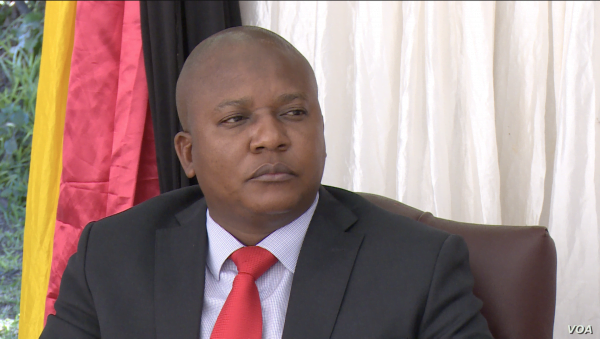Zimbabwe upscales efforts to join the London Bullion Market Association

Zimbabwe is upscaling its efforts to be readmitted to the London Bullion Market Association (LBMA) so that it optimises earnings from gold through participation on the global arena, a government official has said.
Zimbabwe was booted out from the LBMA in 2008 following depleted gold production levels which slumped to 3 072kg tons, far below the stipulated 10 tonnes per annum required by the London Bullion guarantee membership.
However, the requirement was fulfilled in 2015 when production hit 21 tonnes.
Ever since then, the country’s gold output has been on an upward trajectory, with production hitting 33.29 tonnes in 2018 before dropping to 27.66 tonnes last year.
LBMA is the largest over-the-counter gold and silver wholesale market in the world where investment banks, brokers, dealers, exchange-traded funds, jewellery companies, mining companies, refiners, and central banks, interact and trade with each other.
It attracts participants from all around the world and sets twice the daily global reference benchmark for gold.
LBMA is the biggest centre for gold trading, which can potentially increase Zimbabwe’s ability to sell its gold to international buyers, including its former trading partners.
In a telephone interview with the Mining Zimbabwe Magazine, Mines and Mining Development deputy minister Polite Kambamura said the government was making frantic efforts to be readmitted to the global market.
“We want as much to be readmitted to the London Bullion Market Association. The challenge that we are having now, of this pandemic, we cannot fully stretch our muscles in terms of production,” he said.
“As much as we are trying our best because as of now, there are a lot of things that are affecting the industry, things like consumables and funding. The current production that we are having allows us to join the LBMA.”
“So we are making efforts to reengagement with the LBMA. As soon as things normalise in terms of this pandemic, definitely, there are no two ways about it, we will be admitted,” Kambamura said.
Discussions to rejoin the LBMA have been on the agenda for the last five years or so, but with little success.
Currently, the southern African nation is selling its bullion to Rand Refiners of South Africa where a levy of 0,3% is effected on the total earnings.
Kambamura admitted that the country was losing a lot by not trading in the LBMA.
“As you are aware, currently we are selling our bullion to Rand Refinery. There are costs involved in terms of fees to Rand Refinery and even on the prices we don’t have that leverage,” he said.
“In the LBMA we will be exposed in the international community where prices are a bit higher and also we can have investors who may be interested in coming to invest in the country especially in the gold industry, not forgetting that in our US$12 billion milestone, we will be contributing US$4 billion by 2023.”
“So, to achieve that, we need to be readmitted on the LBMA to be on the international arena,” he said.
Last year, President Emmerson Mnangagwa launched a strategic roadmap to propel the country’s mining sector to a US$12 billion mining industry by 2023
Under the mining roadmap, gold is expected to contribute US$4 billion, platinum US$3 billion, while chrome, iron, steel, diamonds, and coal contribute US$1 billion.
Lithium is expected to contribute US$500 million and US$1,5 billion will come from other minerals.
This article first appeared in the 15 June issue of Mining Newsweek Magazine


